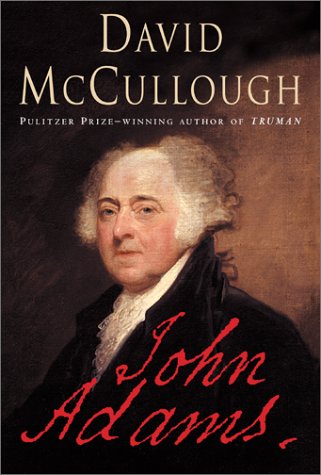Download The Free Guide
Discover practical conversation skills to get unbelievers thinking and make way for the Spirit’s work in their lives.
"*" indicates required fields
 When John Adam returned from his missions in various European countries at the conclusion of the War of Independence, he was widely regarded as the best choice for the first Vice President of the United States in 1789. He was one of the most knowledgeable and experienced men of his day. But what he found in his native country when he became Vice President was a different mood and character than he had seen in 1776. David McCullough explains:
When John Adam returned from his missions in various European countries at the conclusion of the War of Independence, he was widely regarded as the best choice for the first Vice President of the United States in 1789. He was one of the most knowledgeable and experienced men of his day. But what he found in his native country when he became Vice President was a different mood and character than he had seen in 1776. David McCullough explains:
For Adams, who had seen far more of Europe than his own country, the different Americas of the West and the South [because of the issue of slavery] could only be imagined. But more disturbing to him than almost anything was the view heard in many circles that the old ideal of devotion to the public good had been supplanted by rampant avarice; the love of country, by a love of luxury. Mercy Warren had written to the Adamses while they were still in London that the current “avidity for pleasure” in America was certain to lead to trouble. Money, wrote James Warren bitterly, was all that mattered anymore. “Patriotism is ridiculed,” he had warned Adams. “Integrity and ability are of little consequence.”
David McCullough, John Adams (NY: Simon and Schuster, 2001), 398.
Seems, that on this Independence Day, we are not learning from the past, and so may be condemned to repeat it.
“An ordinary male unrestrained by religious or moral scruple, and faced with a wide variety of willing partners who demand no emotional commitment, or even to...
In the Netflix documentary, Reversing Roe, at around the 28:00 mark, Sarah Weddington, the attorney who argued Roe v. Wade before the Supreme Court in 1973,...
Rod Dreher’s new book, Live Not By Lies: A Manual for Christian Dissidents, includes many stories of Christians who survived life under the communist regime...